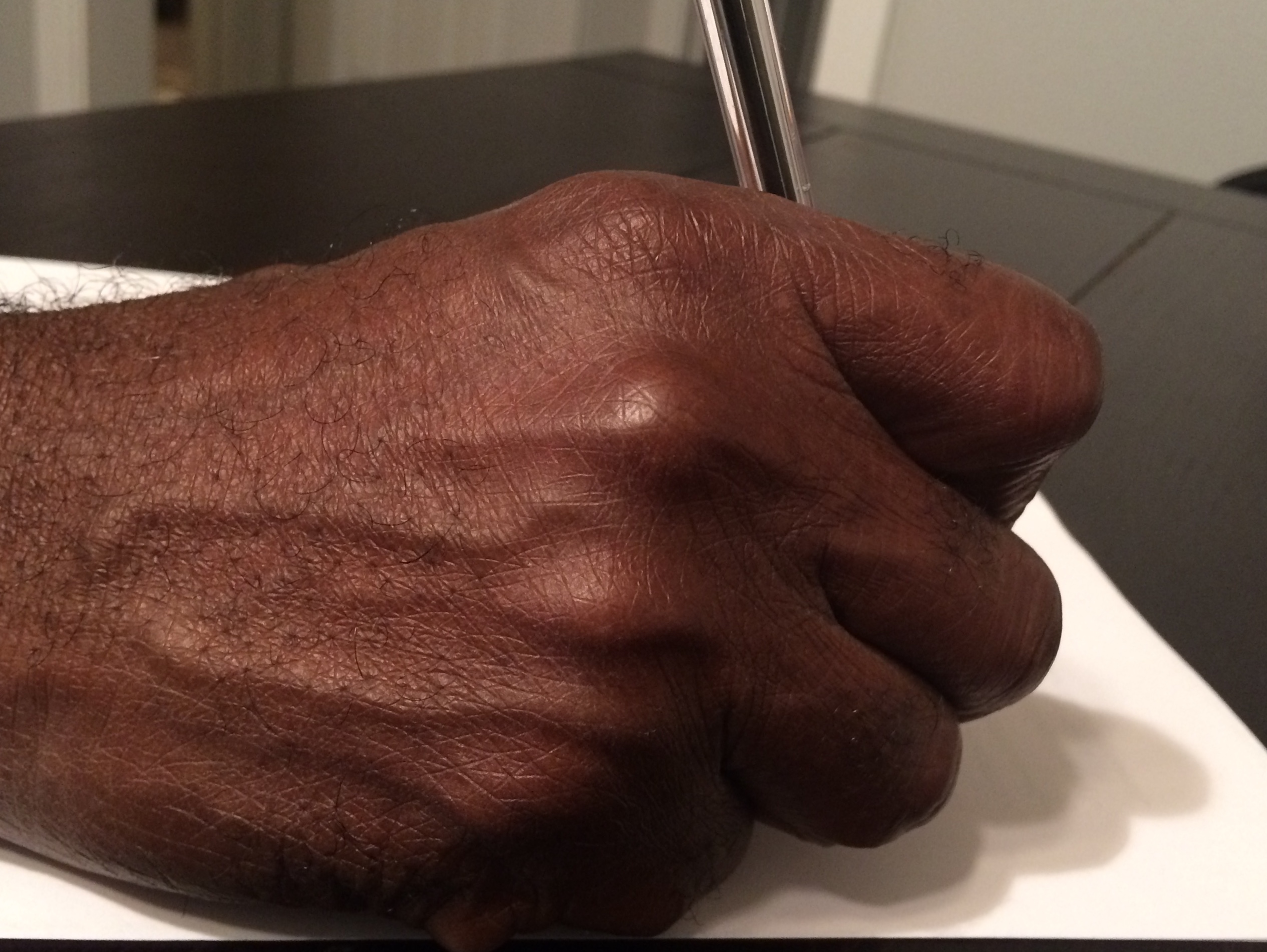News
African Americans Need Organ Transplants More Than Most

Leonard Parham needed a kidney. The husband and father spent nine hours each night, seven days a week undergoing the dialysis necessary to keep his kidneys functioning. For six grueling months, he endured.
“I was on a list,” Parham said. But, he describes the waiting period as a “smooth process” because a donor had been found. His son, Leonard, Jr., stepped up and offered to donate a kidney.
“At the time I found out dad needed a transplant, I was hurt and felt sorry,” said the younger Parham. “But, then I had to realize that this is another opportunity at life, and he really needed this procedure.”
Thousands of African Americans are waiting for major organ donations. According to organdonor. gov, 30 percent of those currently waiting for an organ donation are African American. Kidney transplants are the most requested with 34 percent of the African Americans on the list needing a kidney. Twenty-five percent of those are waiting for a heart.
But, while African Americans comprise the largest group needing organ donations, studies indicate they are the least likely to donate.
According to BlackDoctor.org, there are a number of reasons for the reluctance to donate. The surgery can be expensive without insurance and requires missed time from work. A mistrust of the medical community is also cited as a reason for not signing up to be a donor. And, ironically, the disproportionate number of African Americans suffering from high blood pressure and diabetes impacts their ability to donate healthy organs.
Efforts are underway to raise awareness of the need for African American organ donors. National Minority Donor Awareness Week starts August 1st.
LaTonya Richardson, an author and college instructor, is a longtime advocate of organ donation.
“I’ve always been an organ and tissue donor,” she says. “I have signed the back of my driver’s license since my early 20’s. But, you really don’t realize how important it is until it hits home.”
Two years ago she discovered she needed a cornea transplant for her right eye.
She recalls her doctor’s decision to send her to an eye specialist. “I went in thinking, ‘I’ll just get drops and this will be fixed.'” The doctor explained that her condition was hereditary, incurable, and she would need a cornea transplant.
“You could have swept me up off the floor. I started crying,” says the wife and mother of five.
Since that day Richardson says she has heard about others who have benefited from the decision to donate.
“My cousin’s mother had a kidney transplant several years ago. My sister’s brother-in-law had a kidney transplant, and a woman I attend church with had a cornea transplant,” she says. “And after my surgery, I was in Walmart looking for sleep patches and was talking with a guy who had a cornea transplant.”
Richardson is recovering from the cornea transplant she underwent this summer for her left eye.
When the Parhams’ day for the transplant surgery arrived, the entire family gathered at the hospital.
“I was praying that my son and me would be okay during and after surgery,” the 58-year-old Parham recalled. “Leonard, Jr. woke up first because he went in first.”
Father and son say they feel closer these days.
“It brought dad and me together more in our relationship,” reflects the younger man who is also a father. “God was with us through this donation. We are very blessed.”
As for the changes in his health, Parham says, “I no longer have diabetes or high blood pressure. I have a sense of peace, and not having to worry about being sick anymore is a blessing. And, emotionally things are great because my son feels like he made the right decision.”

-

 Featured10 months ago
Featured10 months agoCalifornia Is the First State to Create A Public Alert for Missing Black Youth
-

 Featured10 months ago
Featured10 months agoAfrican American Leaders Stay the Course Amid Calls for President Biden To Bow Out of Race
-

 Featured10 months ago
Featured10 months agoThe Debate Fallout Lands on Both Candidates
-

 Featured9 months ago
Featured9 months agoPresident Joe Biden Decides to Withdraw from the Presidential Race
-

 Featured9 months ago
Featured9 months agoIn One of His Final Speeches as President, Biden Says It’s Time for ‘Fresh Voices’
-

 Featured10 months ago
Featured10 months agoPresident Joe Biden Describes Shooting of Donald Trump As ‘Sick’









